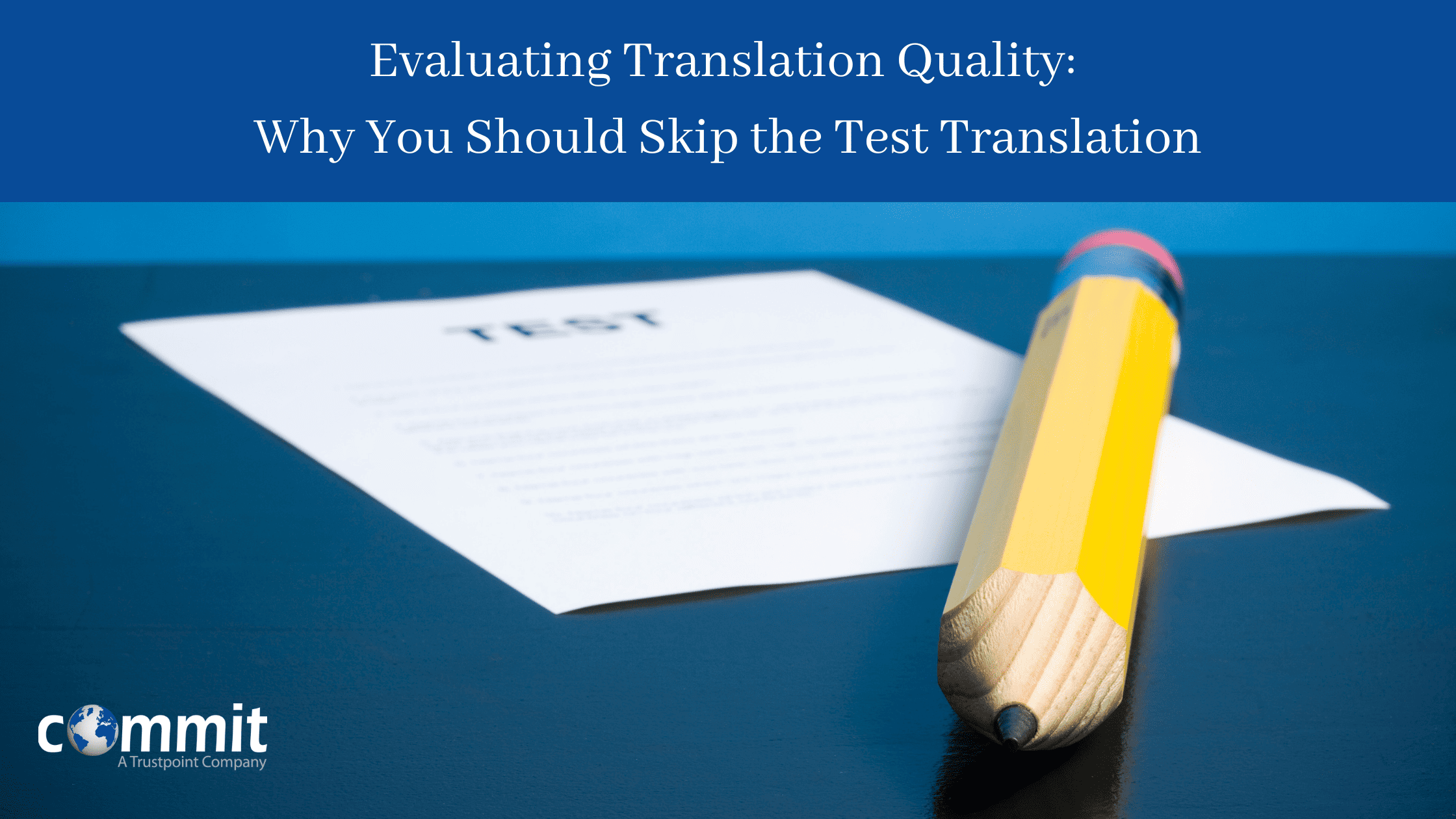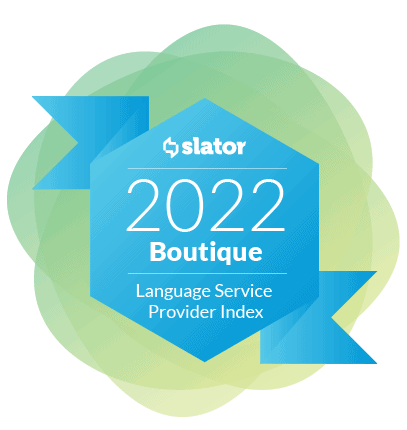|
Listen to Post
|
Listen to this article now:
Last May, Commit obtained the ISO 17100 certification on translation services, the successor standard to our EN 15038 certification. The fact that we have been EN 15038-certified for the past 5 years eased the transition for us, since our processes were already established and very similar to the ones described in the new standard. Nevertheless, despite its distinguishing differences from the old EN 15038 standard, the new standard also came with some interesting added benefits.
What exactly is the ISO 17100 standard?
The ISO 17100 is the new internationally recognized standard for translation companies and it covers the essential processes for providing translation services. It sets the requirements for the core processes, resources and other aspects of a quality translation service that meets applicable specifications. Applicable specifications can include those of the client, of the translation service provider and of any other relevant legislation, industry codes, or best-practice guides.
The ISO 17100 standard integrates terminology used in the translation field and it simplifies the interaction between clients and translators in terms of their contractual needs.
What are the main differences from the EN 15038 standard?
The ISO 17100 standard was based on the EN 15038 standard but it has a different structure and focuses more on conventional translation processes. It sets minimum translation standards, such as the requirement for translations to be subject to revision by a second person, but gives the flexibility to design processes so that they are in line with the respective requirements.
The new standard pays particular attention to the qualification of all parties involved in the production process of a translation: translators, reviewers and proof-readers. It also adds new requirements regarding the competence of project managers who need to have the necessary skills at hand in order to complete the job.
Another process on which the ISO 17100 standard elaborates is the work involved in the preparation of translation projects. It clarifies that the responsibility for the preparation does not just rest with the contractor, but the client as well. The client needs to provide all the necessary information required at the beginning of a project and he needs to work closely with the language service provider in order to achieve their common goal.
This standard is also the first one that underlines the need for following up on translation projects. Client feedback is necessary and valuable for each translation project as it is used as an indicator for the client’s perceived satisfaction and serves as a basis for future improvement.
What are the added benefits of the standard?
Being ISO 17000 certified, the translation service provider can prove the quality of their services via a fully traceable system:
- The customer’s valuable data are backed up and can be retrieved at any time.
- The customers can rest assured that their projects are handled by qualified professionals following strictly defined processes which leave minimum margin for mistakes and customer complaints.
- The ongoing effort to always comply with the standard requirements make the employees follow a professional development program and the well-defined processes and procedures they have to follow always keep them highly efficient.
“The ISO 17000 standard serves as an excellent proof of quality for our clients and vendors”, says Annita Kontoyianni, Production & QA Manager at Commit. “In the course of getting ISO 17000-certified, we drafted a new Company Policy with a uniform set of guidelines, instructions and requirements that helped us further standardize our processes. This uniformity in our procedures leaves little room for delays and errors, and ensures our clients receive top-notch quality services”.








